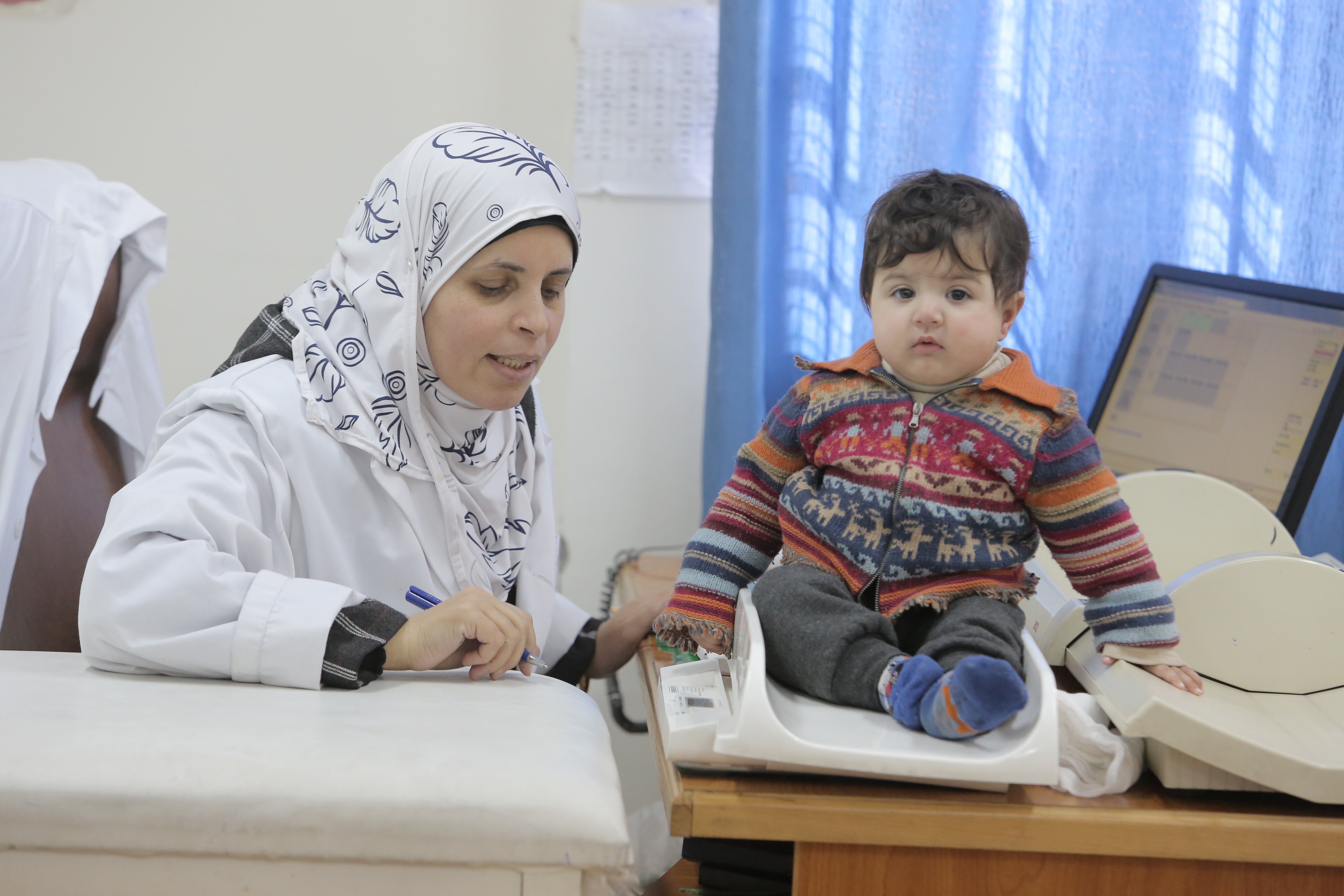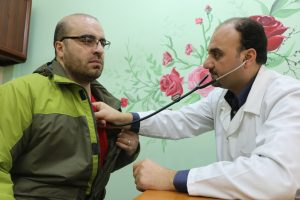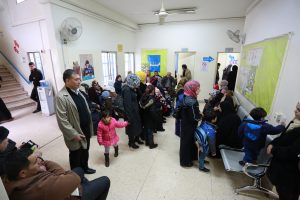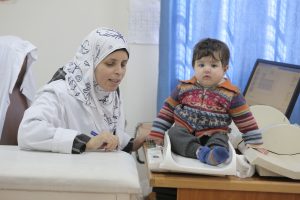Shaping the future: Our strategy for research and innovation in humanitarian response.

Shaping the future: Our strategy for research and innovation in humanitarian response.



As part of an R2HC funded project exploring health system resilience in the United Nations Relief and Works Agency for Palestine Refugees in the Near East (UNRWA)* , I had the opportunity to undertake key informant interviews in UNRWA clinics in Lebanon and Jordan.
Spanning a period of approximately a month, I visited health care centers offering primary care services to displaced Palestine refugees in the region. Notably, both countries had a substantial population of Palestinian refugees – displaced either due to the previous Arab-Israeli wars or more recently due to the Syria crisis.
Despite similar origins, Palestinian refugees in Lebanon and Jordan face substantially different realities. Palestinians in Lebanon are particularly poor and can be said to belong to a socio-economically deprived social stratum: they have poor access to national health services (outside UNRWA) and the restrictions on their right to employment mean they cannot enter the local job market. Palestinians can only be employed in certain professions and mostly reside inside overcrowded camps with poor housing conditions; it is not uncommon to see guarded entry and exit check points at Lebanese refugee camps and this was quite striking for me as a Lebanese citizen while passing through.

In contrast, Palestinians in Jordan seemed to enjoy better living conditions – mainly due to enjoying improved social and political rights: most have full citizenship and access to national health services as well as jobs. While Palestinian refugees displaced by the Arab Israeli wars have adapted to the circumstances in both countries, the recent influx of Palestine refugees from Syria has placed additional burdens on both Jordan and Lebanon as well as UNRWA health services. In total, about 300,000 refugees are currently accommodated in Lebanon, and 2,000,000 in Jordan and UNRWA is the main agency responsible for providing essential primary care services to this population.
Our project explores how resilient and adaptive the UNRWA health system has been in coping with this great influx of Palestine refugees from Syria. My data collection investigated this issue via interviews with health care personnel at UNRWA primary care clinics. I wanted to understand how health service delivery changed during the Syria crisis – how processes are still changing today.
Data collection was both fraught with challenges as well as highly rewarding. As expected with interviews focused on service delivery, quite a few of the approached participants felt apprehensive about taking part in the study and avoided having their voices recorded. They were highly suspicious of the safety of disclosing information (despite assurances of the confidentiality and anonymity of their answers), though this changed quickly once we started speaking: for some, the interview became a means to vent about work-related pressures and grievances.

Most informants I spoke to were interesting and highly dedicated individuals. Health care personnel in UNRWA is mostly Palestinian and this means that staff feel a sense of duty and camaraderie with the populations they serve as well as those newly displaced by the Syria conflict. A majority of participants in Lebanon reported choosing to come to work in difficult political and social conditions, despite high workloads and limited remuneration. Health care staff showed incredible commitment towards their profession and were particularly emotional about the plight of refugees: as Palestinian refugees themselves, it was incredibly traumatic to them to see the impacts of a newly unfolding civil war.
One key ‘resilience’ characteristic from our interviews was the dedication of health care staff. We are currently in the process of analyzing our interviews from Lebanon and Jordan and we hope to soon collect additional valuable insights on service delivery from health care professionals active in UNRWA clinics in Syria. To do this, we have recruited a staff member already active in Syria under UNRWA’s Relief and Social Services who will conduct interviews in safe selected sites. Having an insider’s perspective for data collection will prove particularly insightful as our data collector already has substantial experience with both the conflict and the connected challenges of care delivery. This may also result in difficulties, though we will be careful not to introduce bias in our research.
Continuing ahead, I am looking forward to seeing the results of our upcoming group model building sessions in February and May, which will involve UNRWA staff, community associations’ representatives as well as national Ministry of Public Health representatives from Lebanon and Jordan. The feedback from these participants, each having a different field of expertise, will enrich our understanding of the UNRWA health system and the issues it faces – eventually this will help us identify optimal strategies for ensuring health service delivery in adverse conditions.
Author: Zeina Jamal, Research Coordinator at the American University of Beirut, Lebanon
*There is a distinction between Palestine and Palestinian refugees. Not all Palestinian refugees are Palestine refugees according to UNRWA. Only those fleeing between the years 1948- 1949 are called Palestine refugees and are entitled to UNRWA services.

 Please upgrade your browser
Please upgrade your browser
You are seeing this because you are using a browser that is not supported. The Elrha website is built using modern technology and standards. We recommend upgrading your browser with one of the following to properly view our website:
Windows MacPlease note that this is not an exhaustive list of browsers. We also do not intend to recommend a particular manufacturer's browser over another's; only to suggest upgrading to a browser version that is compliant with current standards to give you the best and most secure browsing experience.